Argungu fishing festival
The Argungu Fishing Festival is an annual four-day festival in The State of Kebbi, in the North-western part of Northern Nigeria. The festival usually takes place in Argungu, the capital city of Argungu Emirate Council. The region is made up of fertile river areas (matanfada, mala, gamji), with much irrigation and orchards (lambu in Hausa). The majority of fishermen are the followers of Islam and also predominantly farmers. Kanta museum is the main historical centre in Argungu for visitors across the globe. People from around the world travel to Argungu just to witness the occasion.The main purpose of the Argungu fishing festival is for fishing and unity.
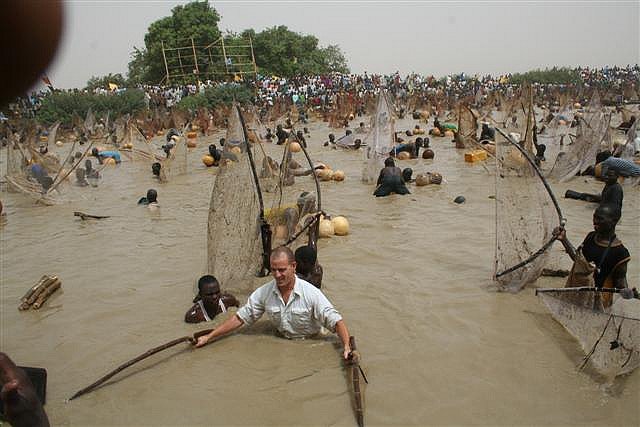
The festival began in the year 1934, as a mark of the end of the centuries-old hostility between the Sokoto Caliphate and the Kebbi Kingdom.
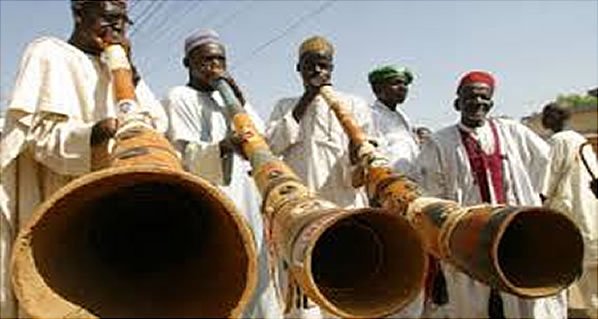

In 2005, the winning fish weighed 75 kg, and needed four men to hoist it onto the scales. In 2006 the festival banned fishing due to safety concerns relating to the low water levels. The importance of the festival to the economy has led the government to conserve fish stock by prohibiting use of gill nets and cast nets.
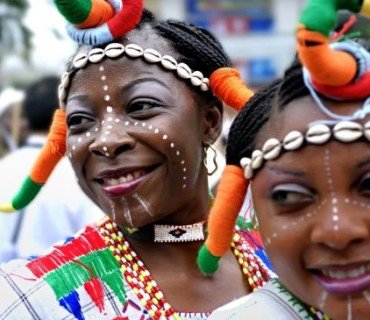
The Zauro polder project, an irrigation scheme in the Rima River floodplain to the south of Argungu, has been criticized because the reservoir threatens to flood the traditional site of the festival.
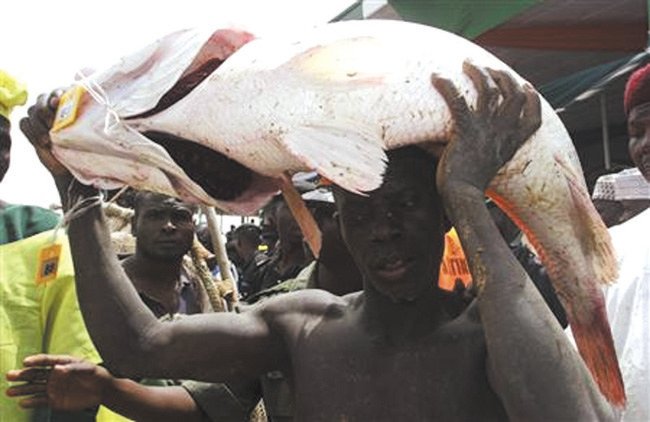
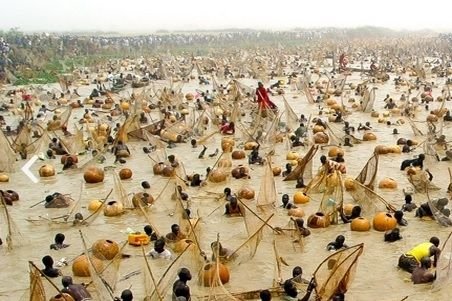
.jpg)
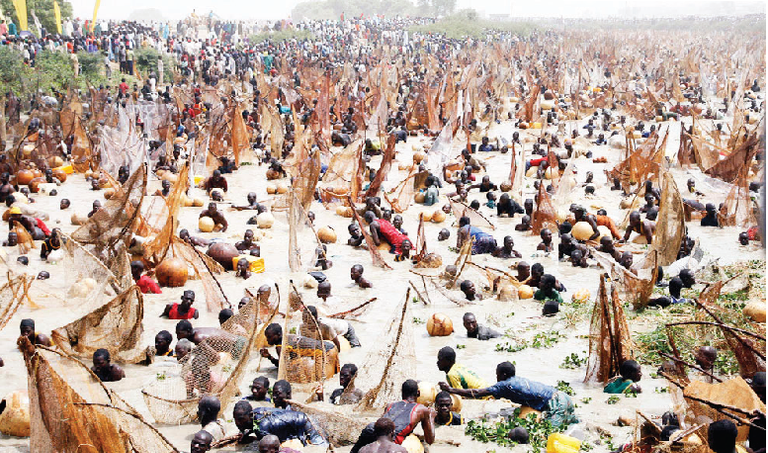
Competition
On the final day of the festival, a competition is held in which thousands of men line up along the river and at the sound of a gunshot, all of them jump into the river and have an hour to catch the largest fish. The winner can take home as much as $7,500 US dollars. Competitors are only allowed to use traditional fishing tools and many prefer to catch fish entirely by hand (a practice also popular elsewhere and known as "noodling") to demonstrate their prowess.
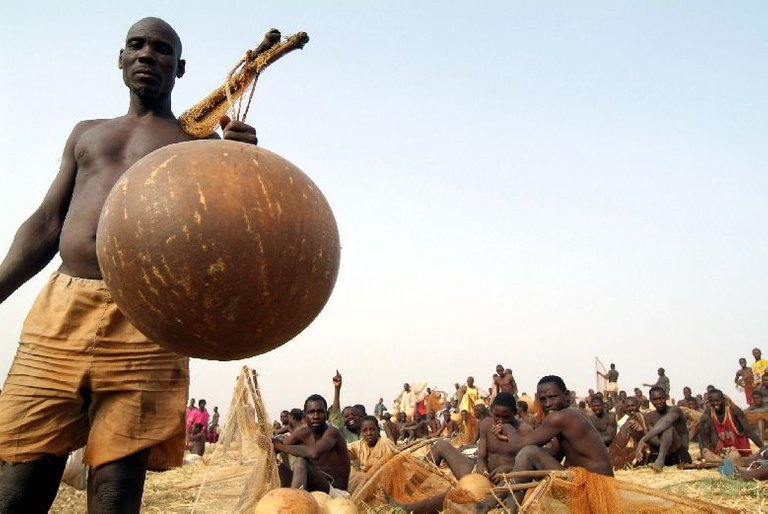
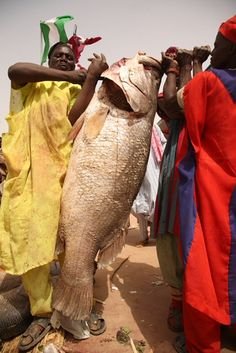

Hi! I am a robot. I just upvoted you! I found similar content that readers might be interested in:
https://en.wikipedia.org/wiki/Argungu_Fishing_Festival